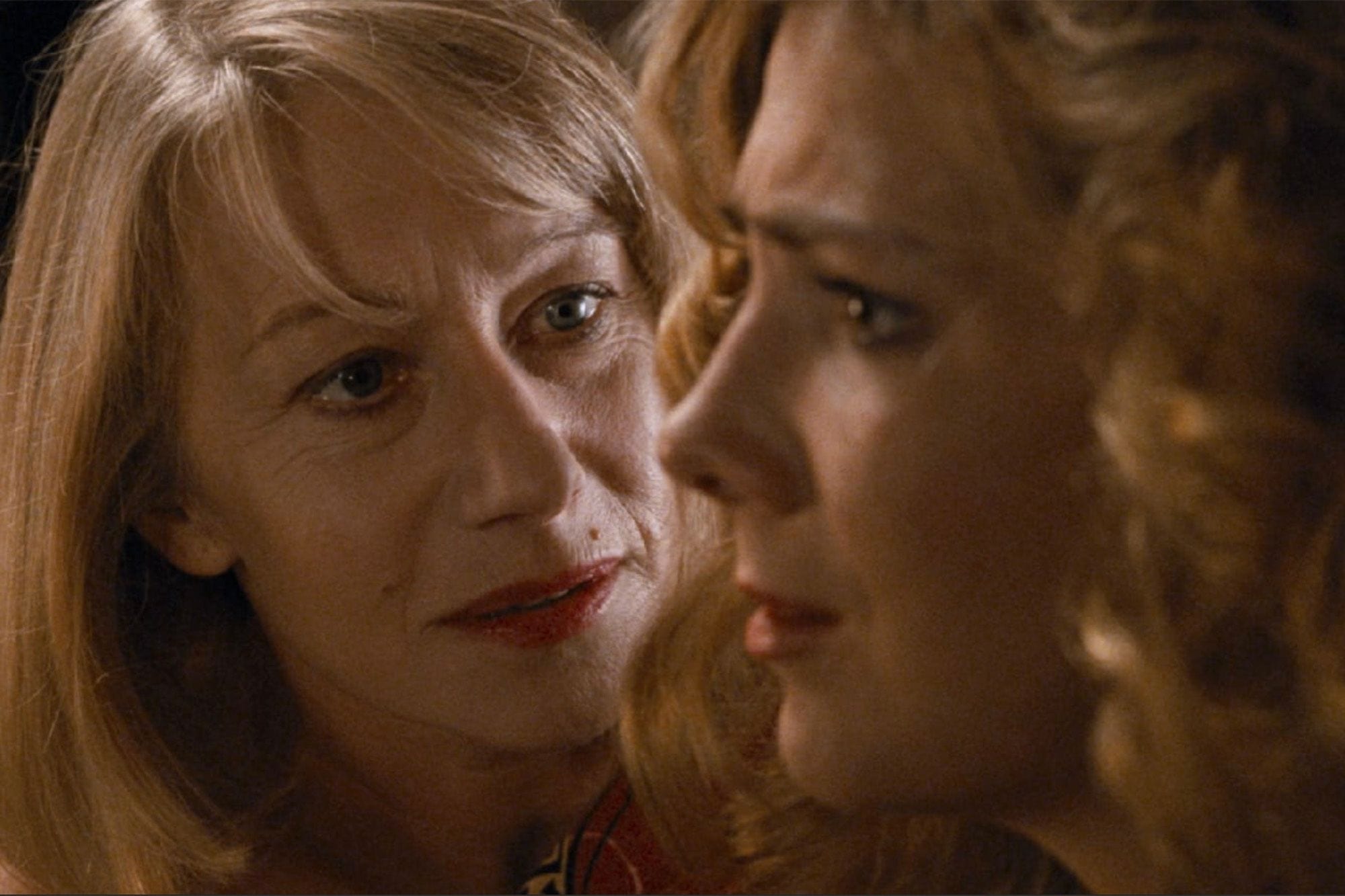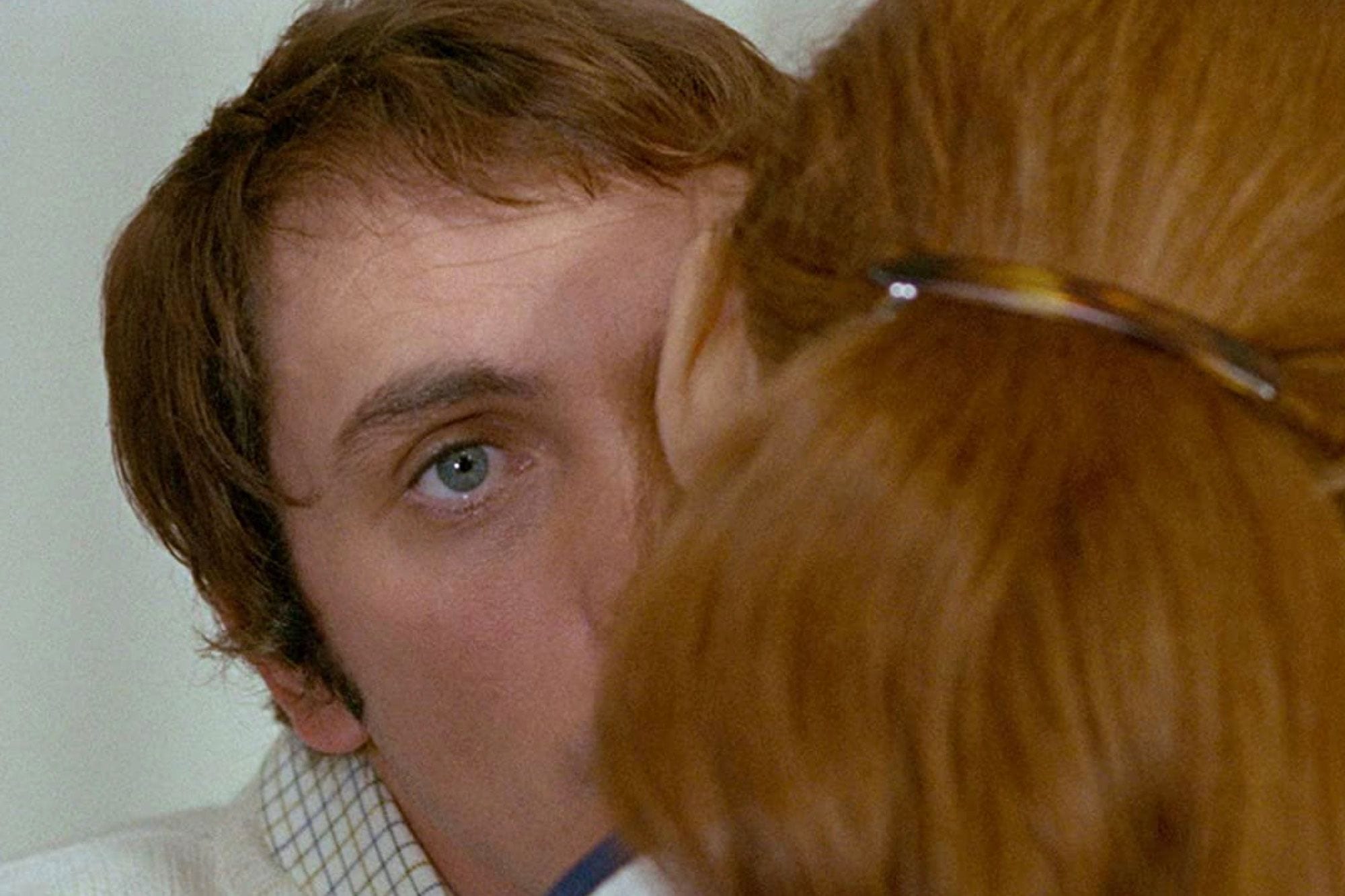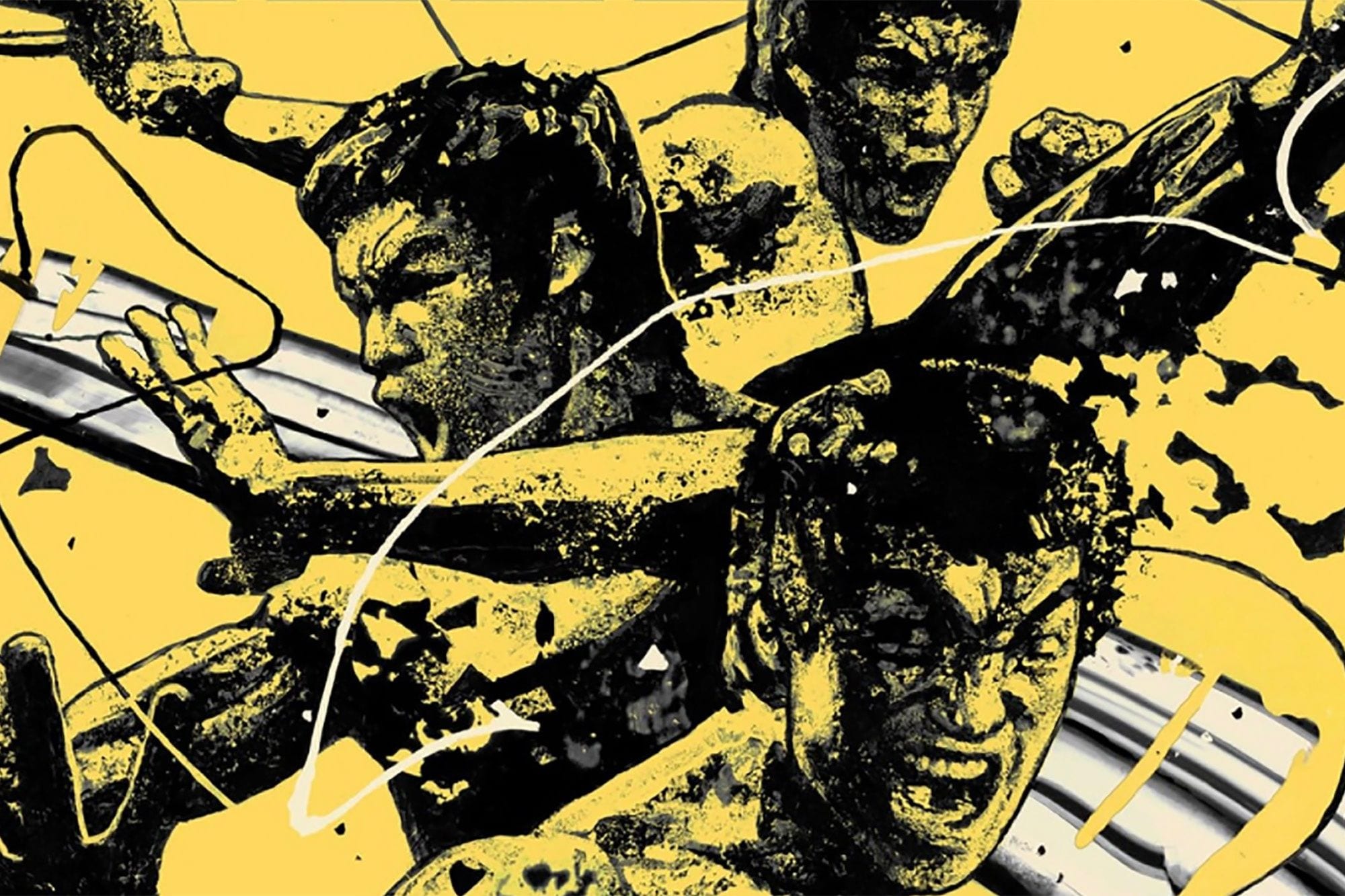
The Erotic Disruption of the Self in Paul Schrader’s ‘The Comfort of Strangers’
Paul Schrader’s The Comfort of Strangers presents the discomfiting encounter with another —someone like you—and yet entirely unlike you, mysterious to you, unknown and unknowable.











